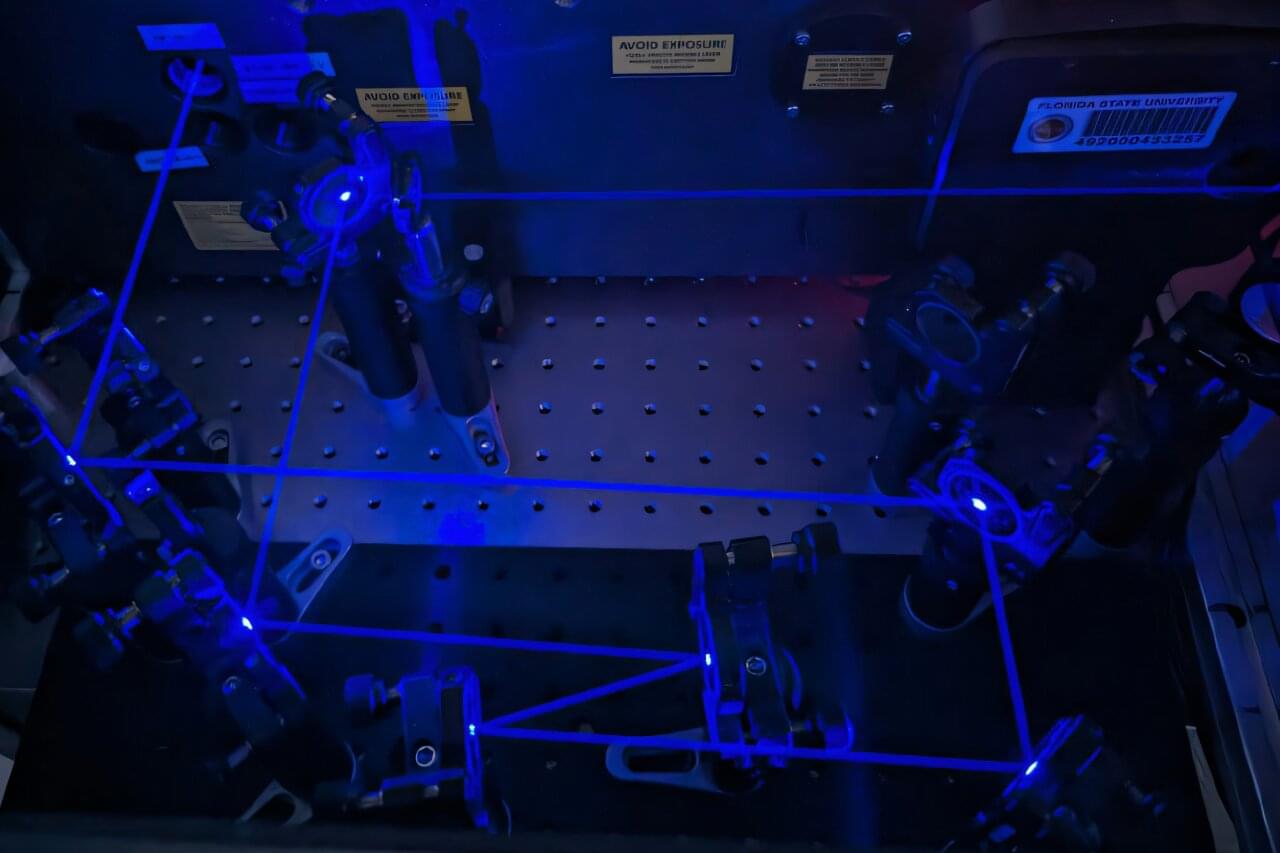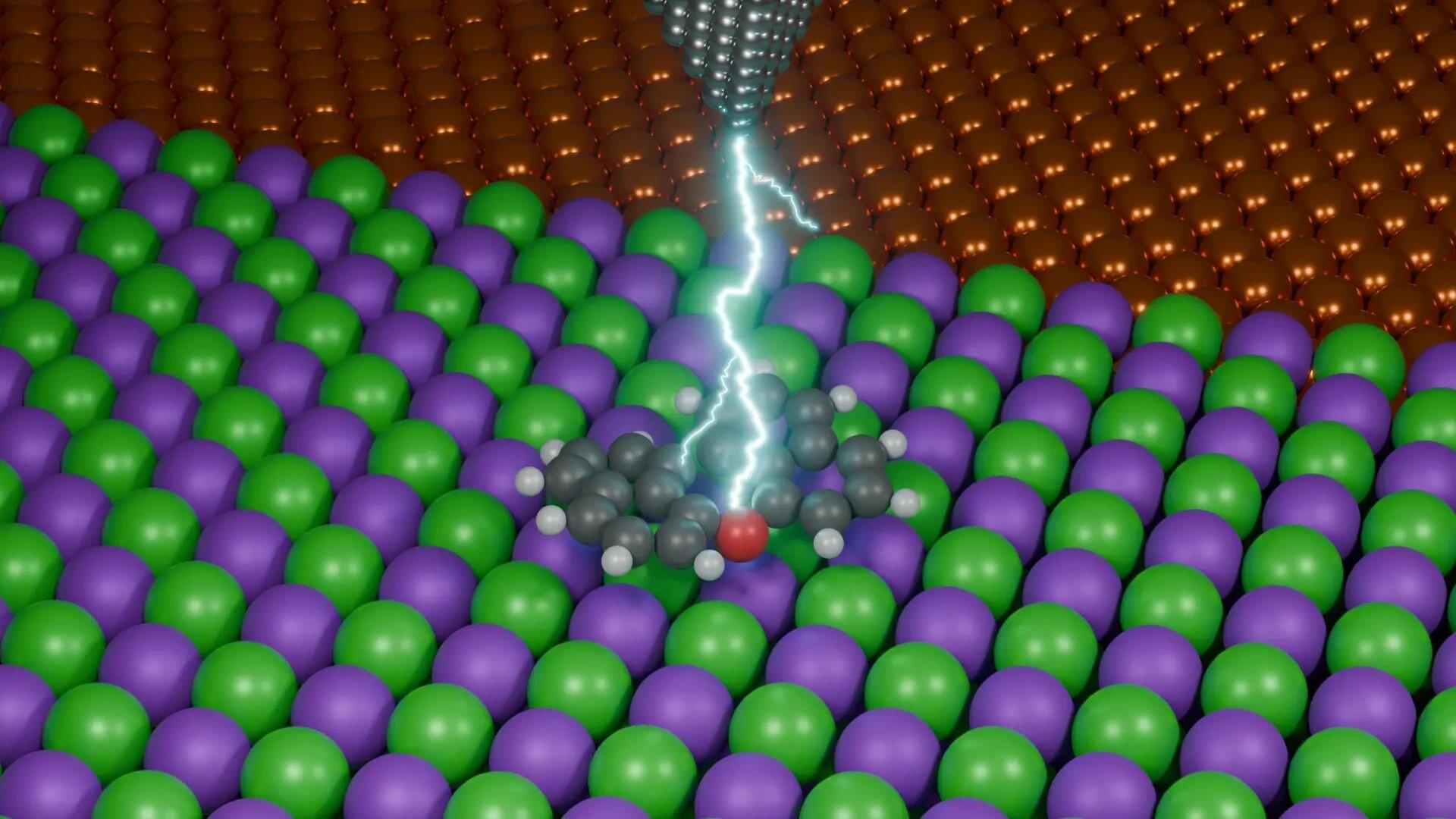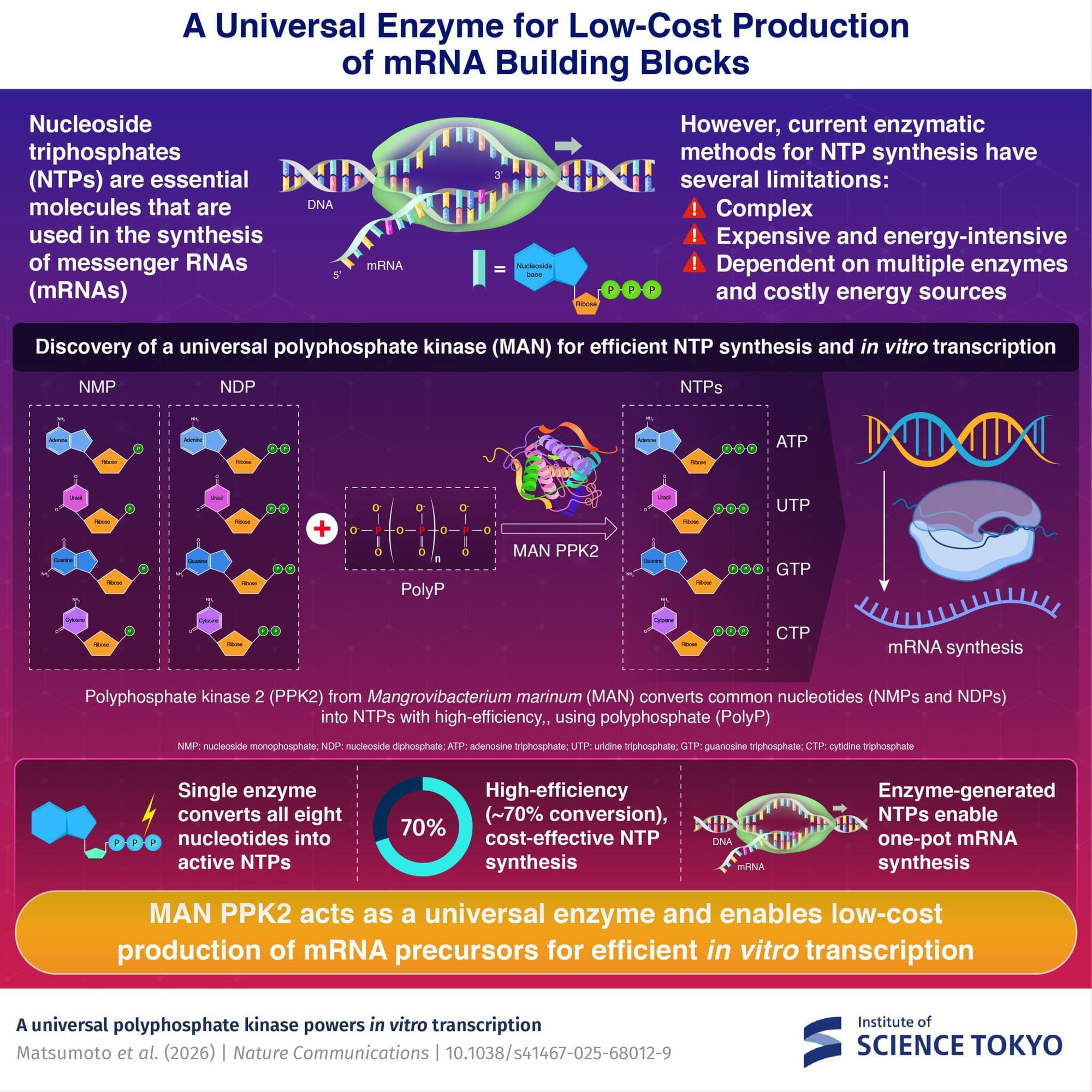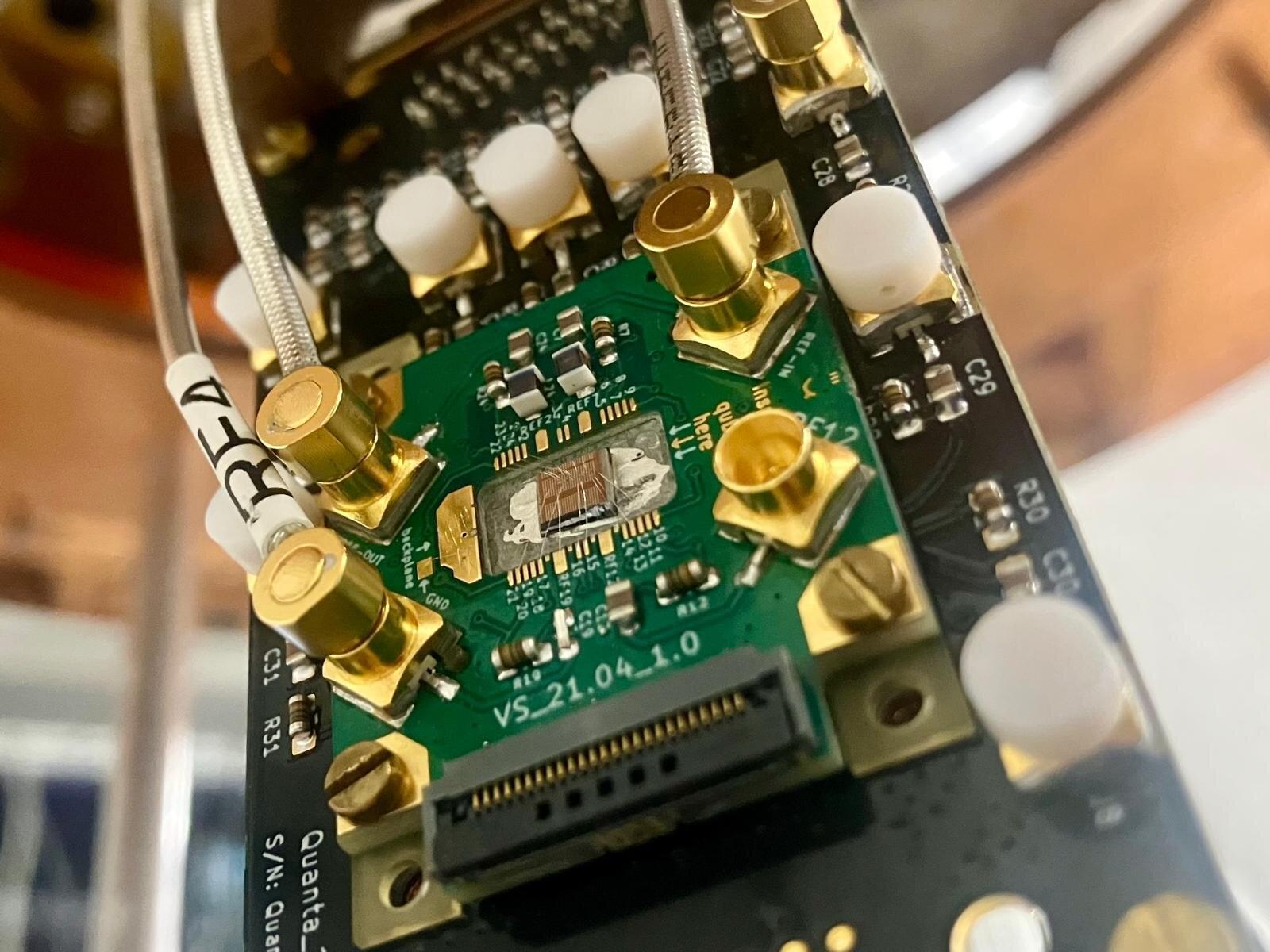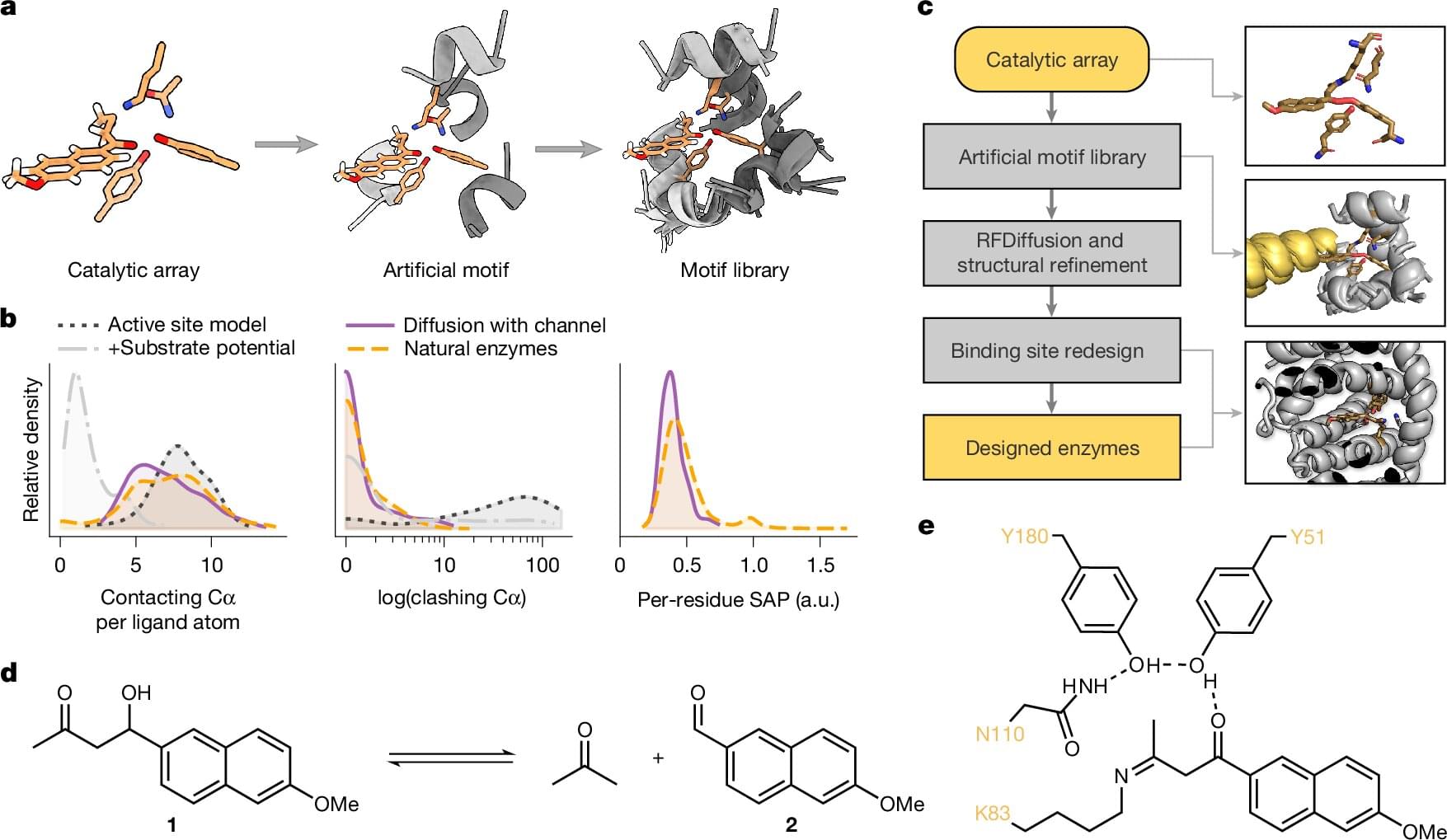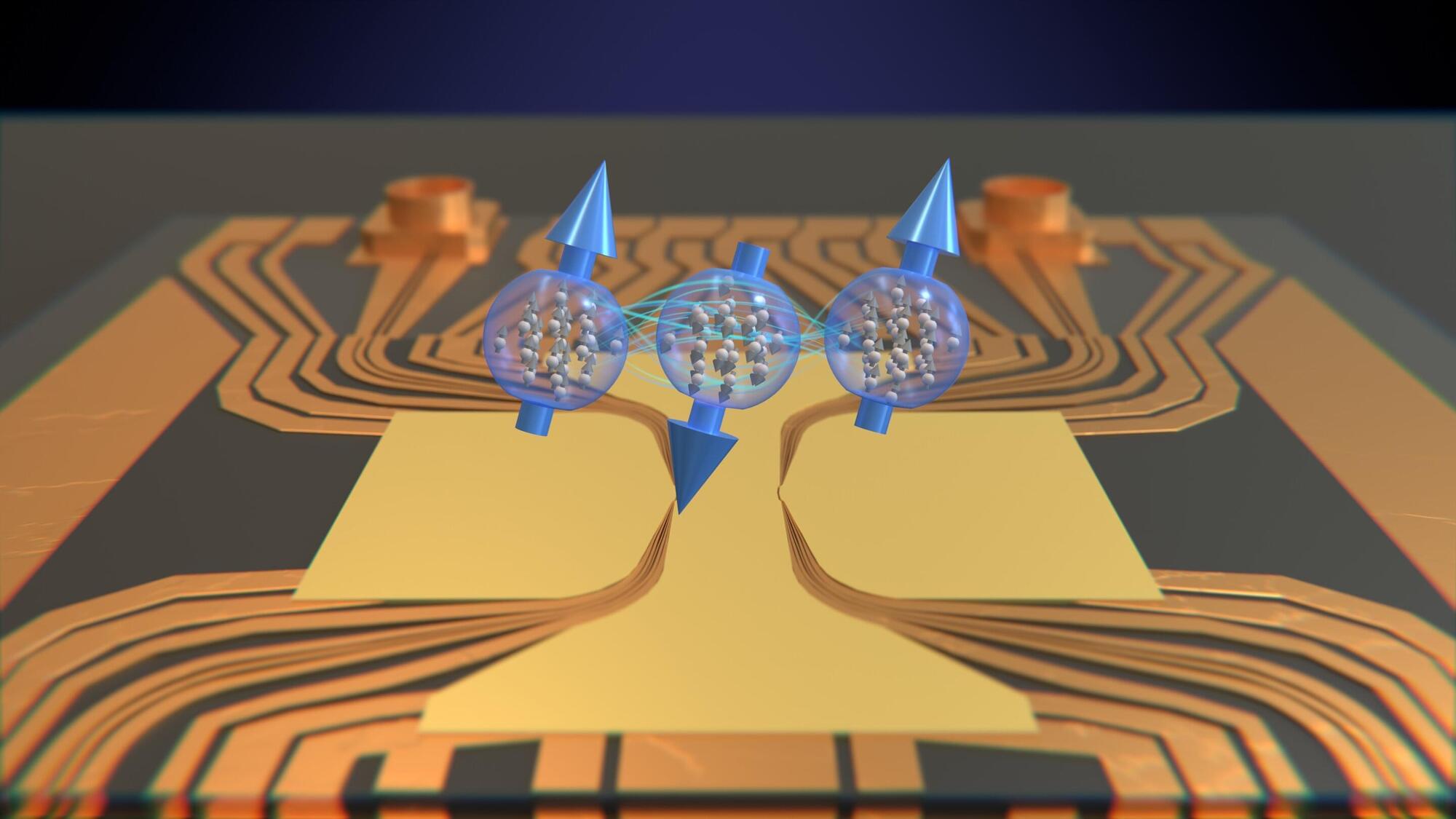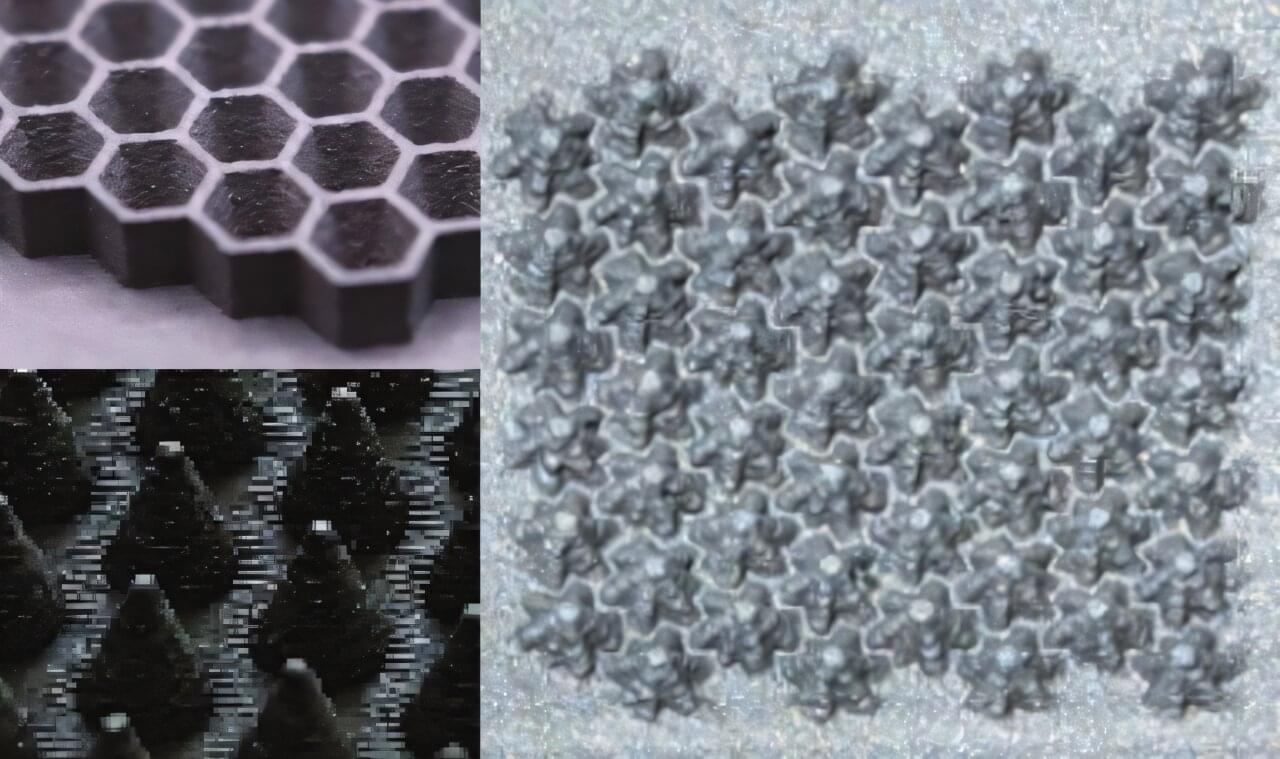Harnessing the power of artificial intelligence to study plant microbiomes—communities of microbes living in and around plants—could help improve soil health, boost crop yields, and restore degraded lands. But there’s a catch: AI needs massive amounts of reliable data to learn from, and that kind of consistent information about plant-microbe interactions has been hard to come by.
In a new paper in PLOS Biology, researchers in the Biosciences Area at Lawrence Berkeley National Laboratory (Berkeley Lab) led an international consortium of scientists to study whether small plastic growth chambers called EcoFABs could help solve this problem.
Building on their previous work with microbe-free plants, the scientists used the Berkeley Lab-developed devices to run identical plant–microbe experiments across labs on three continents and got matching results. The breakthrough shows that EcoFABs can remove one of the biggest barriers in microbiome research: the difficulty of reproducing experiments in different places.

